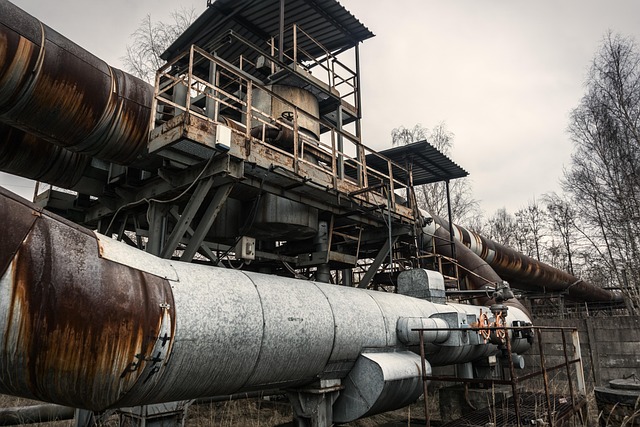Work injury settlements are essential for compensating employees harmed on the job, covering medical bills, lost wages, and rehabilitation costs. Insurance companies act as intermediaries, assessing claims, determining liability, and negotiating agreements to balance protecting workers' rights and maintaining sustainable business operations. While they play a vital role, their profit-driven approach can lead to disputes and undervaluing of claims, making it crucial for injured workers to engage an attorney specializing in work injury settlements for fair compensation.
Insurance companies play a pivotal role in work injury settlements, facilitating a process that can be complex and emotionally taxing for all involved. This article delves into the comprehensive overview of understanding work injury settlements, exploring how these institutions streamline claims while highlighting their significant impact and the challenges they present. By examining the dynamics between insurers and claimants, we gain insights into the crucial role insurance companies play in shaping work injury claims and outcomes.
- Understanding Work Injury Settlements: A Comprehensive Overview
- The Key Role of Insurance Companies in Facilitating Settlements
- Impact and Challenges: How Insurance Companies Shape Work Injury Claims
Understanding Work Injury Settlements: A Comprehensive Overview

Work injury settlements are a crucial aspect of ensuring that employees receive fair and adequate compensation for any injuries or illnesses sustained during their work. These settlements encompass a range of financial support, including medical expenses, lost wages, and rehabilitation costs. Understanding the process involves grasping how insurance companies play a pivotal role in facilitating these claims and negotiations.
Insurance providers, often specialized in workers’ compensation, assess the validity of claims, determine liability, and negotiate settlements or court awards. This intricate involvement is necessary to manage the financial impact on both employers and employees. While similar to other property damage claims or even real estate disputes, work injury cases require a delicate balance to protect the rights of injured workers while ensuring sustainable business operations.
The Key Role of Insurance Companies in Facilitating Settlements

Insurance companies play a pivotal role in facilitating work injury settlements, serving as intermediaries crucial for resolving employment disputes peacefully and efficiently. When an employee sustains an injury on the job, these entities step in to assess the claim, determine liability, and offer compensation. Their expertise lies in navigating complex legal landscapes, understanding both the physical and financial impacts of work-related injuries, and negotiating fair settlements between employers and employees.
By assuming this intermediary role, insurance companies streamline the process, preventing what could otherwise escalate into prolonged real estate litigation or even breaches of fiduciary duty. They ensure that injured workers receive adequate compensation for their medical expenses, lost wages, and pain and suffering, while also helping employers mitigate financial risks associated with potential lawsuits. This balanced approach fosters a culture of responsible workplace safety and fair treatment for all parties involved.
Impact and Challenges: How Insurance Companies Shape Work Injury Claims

Insurance companies play a pivotal role in shaping the trajectory of work injury settlements, exerting significant influence over the claims process and the compensation received by affected workers. Their involvement is multifaceted, from assessing liability to negotiating settlement amounts. The impact they have can be substantial, often determining whether an injured worker receives adequate support for their recovery and rehabilitation.
However, this role comes with challenges. Insurance companies, driven by profit margins, may prioritize cost-cutting measures over the well-being of injured employees, leading to disputes and delays in settlement. They might undervalue claims, particularly those involving serious injuries or complex cases like defective products liability. This can cause immense stress for victims who need financial security during their recovery period. Engaging an auto accident attorney specializing in work injury settlements can help navigate these challenges, ensuring workers receive fair compensation for their pain and suffering as well as any long-term disabilities.
Insurance companies play a pivotal role in managing and facilitating work injury settlements, ensuring a structured process for both employees and employers. By assessing claims, negotiating compensation, and providing financial support, they significantly impact the overall experience of work-related injuries. However, challenges arise when complex cases or limited resources create delays and disputes, underscoring the need for transparent communication and innovative solutions within the industry to better serve those affected by workplace injuries.






